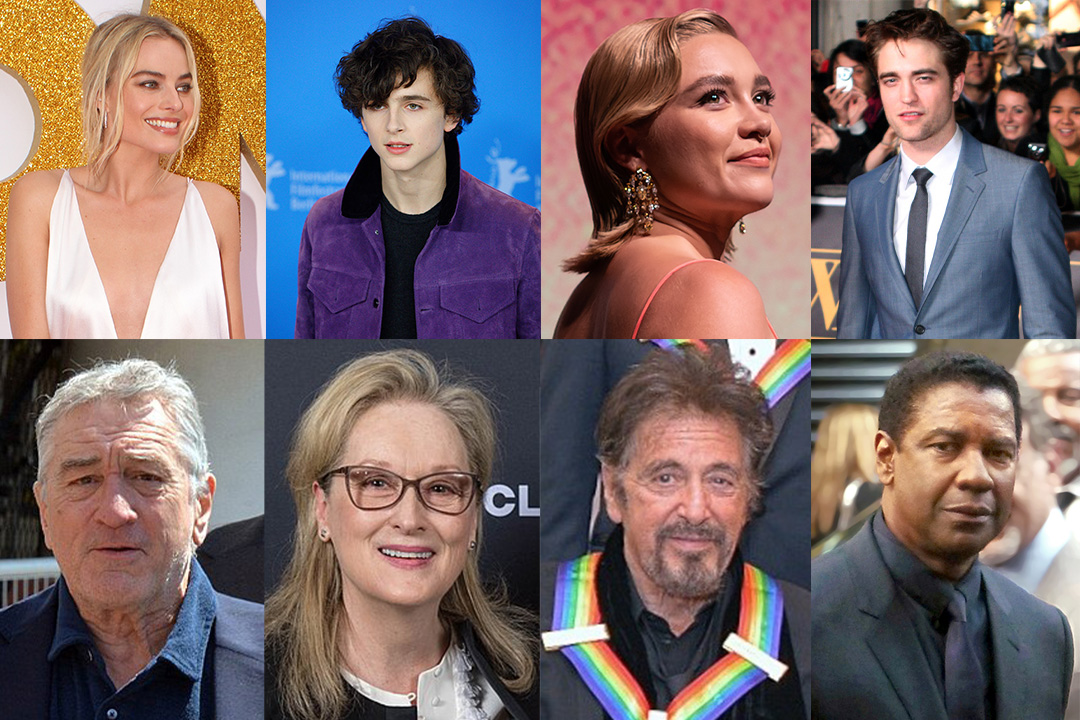In late 2022, Jennifer Aniston’s Allure Magazine cover story caused a stir in public opinion when she proclaimed that “there are no more movie stars.” In the same story, the Friends actress reflected on the world before iPhones and the internet, when people were still “talking to each other,” and lamented the death of glamour and mystique as an art form, poignantly reminiscing on how fun the Oscar parties used to be.
In Vanity Fair’s Hollywood 2023 issue, Ana De Armas, who portrayed a broken and fame-tortured Marilyn Monroe in the divisive movie Blonde, echoed Aniston’s sorrow in saying that social media has destroyed the movie star for newer generations. “The concept of a movie star is someone untouchable you only see onscreen,” she said. “That mystery is gone.”
Since the arrival of social media and the growing significance of its role in marrying public and private life, the old archetype of the movie star has been challenged, expanded, and, in other ways, done away with. Nowadays, movies and television are not the only visual escape for the public. We live in a world of TikTok, Twitter, Instagram, and YouTube, where people can garner their own following by being likable and interesting; where an algorithm can accurately pick up and respond to your personality to show you the entertainment content that you want to see; where a spectacle of recreation and communication is accessible from your phone.
Today, it is not enough to be mysterious because money can be made from being the apple of the public eye. In her Allure cover story, Aniston confessed that she joined Instagram to promote her haircare company. De Armas also said that she would delete Instagram if she could, but she has other commitments: brand deals, access to an online audience to advertise her films, and the pressure to be likable and interesting before onlookers that increasingly demand intimate parasocial access to a celebrity’s personal life in exchange for the gift of fame.
Ana De Armas was right: a movie star should feel untouchable, mythical even, before their audience. Today, however, that means balancing a public persona, an online persona, and a private life to create the perfect parasocial balance of fact and fiction.
Some appear to have mastered this balance. Zendaya, for example, is a young actress with a wealthy filmography, starring in box office hits like Dune, the Spider-Man franchise, and The Greatest Showman. She’s active on Instagram and Twitter enough to create a parasocial bond with her fans, promote her work, and engage with her brand partnerships, but just enough to protect her private life from the invasive gaze of the public.
It’s a tactic that stars like Nicole Kidman, Dwayne Johnson, and Millie Bobby Brown also employ; where social media is treated and approached as a business model to build a brand and further build a public persona that drives your box office engagement and viewership.
Social media demands spectacle; like fortune, she favours the brave and the beautiful. In the past, it was enough to be charismatic on screen. That era gave us the likes of Meryl Streep, Denzel Washington, Leonardo DiCaprio, and Brad Pitt, for whom people flocked to the theatre to see because their last name was on a poster. Their last names drove ticket power with consistency.
Today, ticket power is one way to qualify a movie star, but with the internet and the double-edged voyeurism of the public eye, we’ve made movie stars out of internet darlings like Margot Robbie, whose most recent film adaptation of Barbie crossed $1 billion at the box office; Paul Mescal, whose heart-rending debut in Normal People captivated the internet; Timothée Chalamet, who rose to fame after his turn as Elio in the Oscar-nominated romance Call Me By Your Name; Stephanie Hsu; Robert Pattinson; Anya Taylor Joy; and others.
It is also important to note that the public’s image of the movie star is expanding beyond the ‘straight white’ archetype; we have racialized actors, like Daniel Kaluuya and Ariana Debose, as Oscar winners who continue to lead big film projects. With the move away from classical movie stardom has come the age of diversity among Hollywood’s top performers.
Because everyone has access to a phone and the internet, everyone’s voice holds a certain power. As people have exercised this power and spoken up through social media, nearly every demographic of viewers has come to see themselves being represented on screen. This “vox populi, vox dei” phenomenon has given us films such as Moonlight, Black Panther, and Crazy Rich Asians.
Times are changing, and it is important that old and new movie stars read the signs and follow suit so that no one is left behind.
Divine Angubua is a third-year at UTM studying history, political science, and creative writing. He is the editor-in-chief of With Caffeine and Careful Thought and a staff writer at The Medium. He is an Associate Comment Editor at The Varsity.



No comments to display.